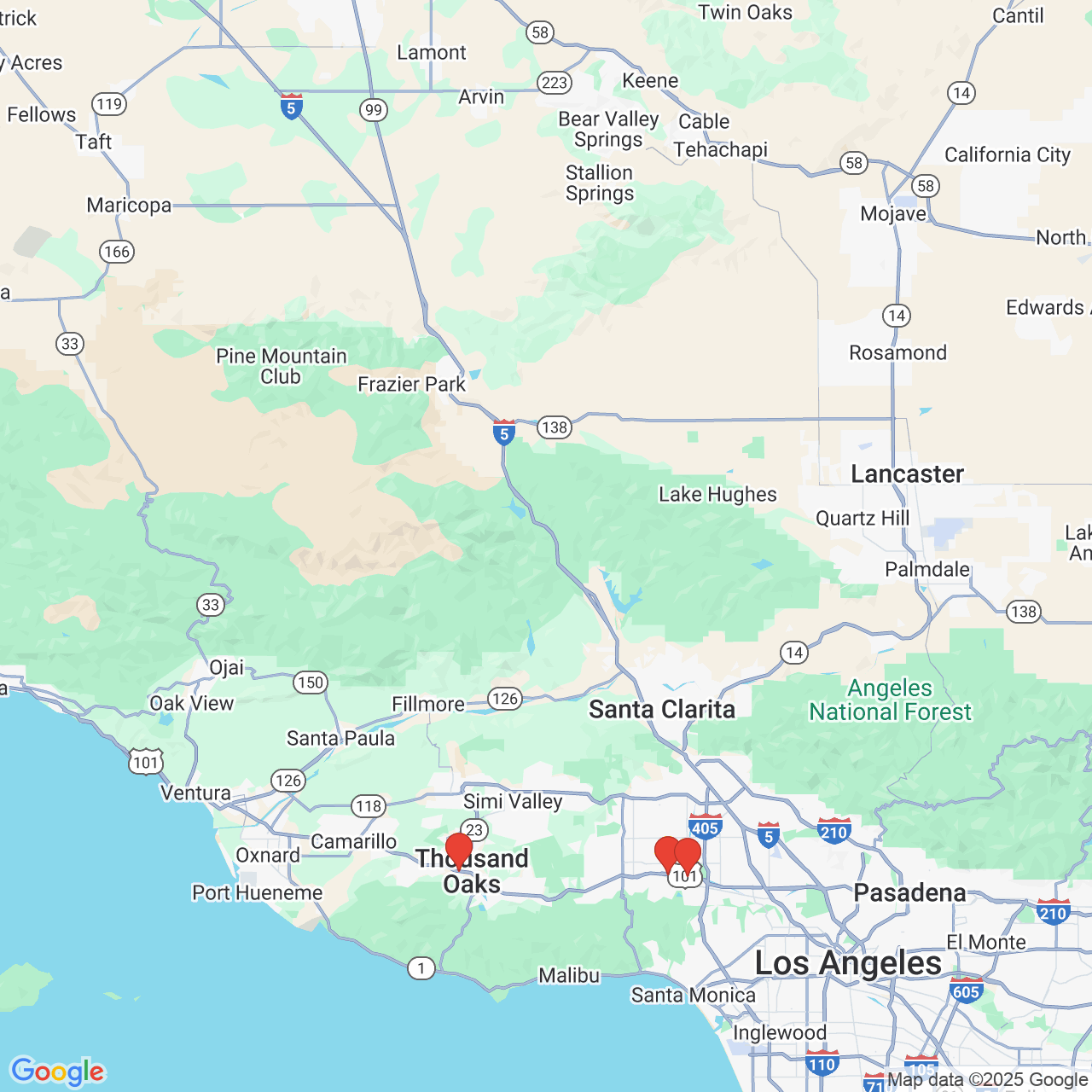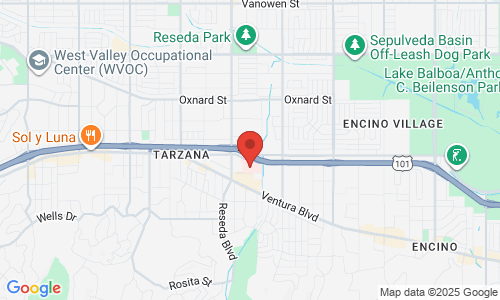Types of Ovulation Disorders
 Ovulation induction is the first step in many fertility treatments because it prompts ovulation and increases the number of eggs available for fertility treatments.
Ovulation induction is the first step in many fertility treatments because it prompts ovulation and increases the number of eggs available for fertility treatments.
For some women, fertility issues stem from problems with ovulation. At the Center for Fertility and Gynecology, Drs. Michael Vermesh and Tannaz Toloubeydokhti provide a variety of fertility treatments to help patients overcome different types of ovulation disorders in Los Angeles, CA, and the neighboring Tarzana and Bakersfield areas.
About Ovulation Disorders
Ovulation is part of the reproductive cycle where a mature egg is released by an ovary. If intercourse occurs around ovulation, sperm may reach the egg and pregnancy may occur.
Ovulation is necessary in natural conception so when there are problems affecting the release of eggs, it can be difficult for couples to conceive.
Ovulation disorders specifically refer to reproductive issues that affect ovulation, or the release of eggs from the ovaries. The following are several ovulation disorders that can interrupt ovulation and make it difficult to become pregnant without fertility treatment.
Polycystic Ovary Syndrome
Polycystic ovary syndrome (PCOS) is a type of hormonal disorder that can cause women to develop problems with ovulation.
Women with PCOS may have issues with menstruation, either having prolonged periods or infrequent periods.
When it comes to fertility, women with PCOS may have difficulty conceiving because PCOS can cause the ovaries can become surrounded with fluid-filled sacs. This can affect ovarian function and lead to irregular ovulation.
Primary Ovarian Insufficiency
Primary ovarian insufficiency, also called premature ovarian failure, is a condition in which the ovaries stop functioning properly before a woman reaches the age of 40.
Typically, women with primary ovarian insufficiency don't release eggs regularly and produce less estrogen than normal, which can cause some women to experience infertility.
This condition is not the same as premature menopause because women with primary ovarian insufficiency can have periods, although generally irregular, and may be able to become pregnant.
Hypothalamic Amenorrhea
Hypothalamic amenorrhea is a condition in which ovulation and menstruation stop.
The hypothalamus is a part of the brain that helps control reproduction by regulating the pituitary gland. The hypothalamus triggers the pituitary gland to release hormones necessary for stimulating ovulation.
Sometimes, the release of these hormones can be interrupted by conditions that affect the hypothalamus. Some common conditions that can cause hypothalamic amenorrhea are stress, losing a substantial amount of weight, obesity, or low body weight.
Excess Prolactin
Prolactin is the hormone responsible for triggering breast milk production when a woman is pregnant or breastfeeding. When women aren't pregnant or breastfeeding, prolactin is generally found in very low levels in the body.
Sometimes women who aren't pregnant or breastfeeding have levels of prolactin in their body. When this happens, estrogen and progesterone production can be affected. As a result, ovulation may stop and becoming pregnant may be difficult.
Discover Your Treatment Options
If you have an ovulation disorder or believe you may have one, treatment from the Center for Fertility and Gynecology may help. To learn more about fertility treatment, please call (818) 881-9800 to schedule a consultation.







